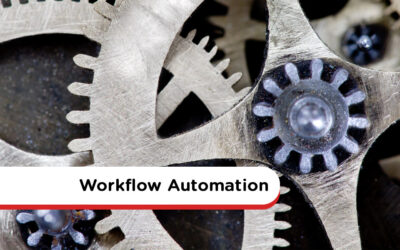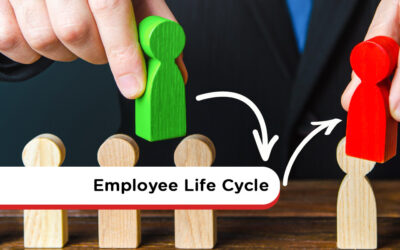Effective onboarding is a pivotal moment for new employees — shaping their experience, productivity and likelihood to stay. The blog argues that traditional onboarding methods (paper forms, disconnected tools, manual check-lists) often fail because they don’t align with how employees actually work. Embedding an onboarding Learning Management System (LMS) inside your intranet fixes this by placing training, resources and workflows where teams already spend time.
With an onboarding LMS built into your intranet, organizations can centralize learning content, automate key tasks (form completions, policy acknowledgements, role-based training), and track progress with real-time reporting. This ensures new hires can find what they need, complete required modules, and engage with the company culture—all without bouncing between systems. The blog highlights key features like personalized learning paths, automated assignments, seamless access to documents and team communication as essential for new-hire success.
The result is two-fold: first, a smoother, faster ramp-up for newcomers (less confusion, better clarity, stronger integration); second, reduced administrative load for HR and team leads (fewer follow-ups, better visibility, stronger metrics). The blog emphasises that onboarding isn’t just a one-time event but the beginning of ongoing development—so choosing the right LMS strategy inside the intranet sets the stage for long-term engagement and growth.























